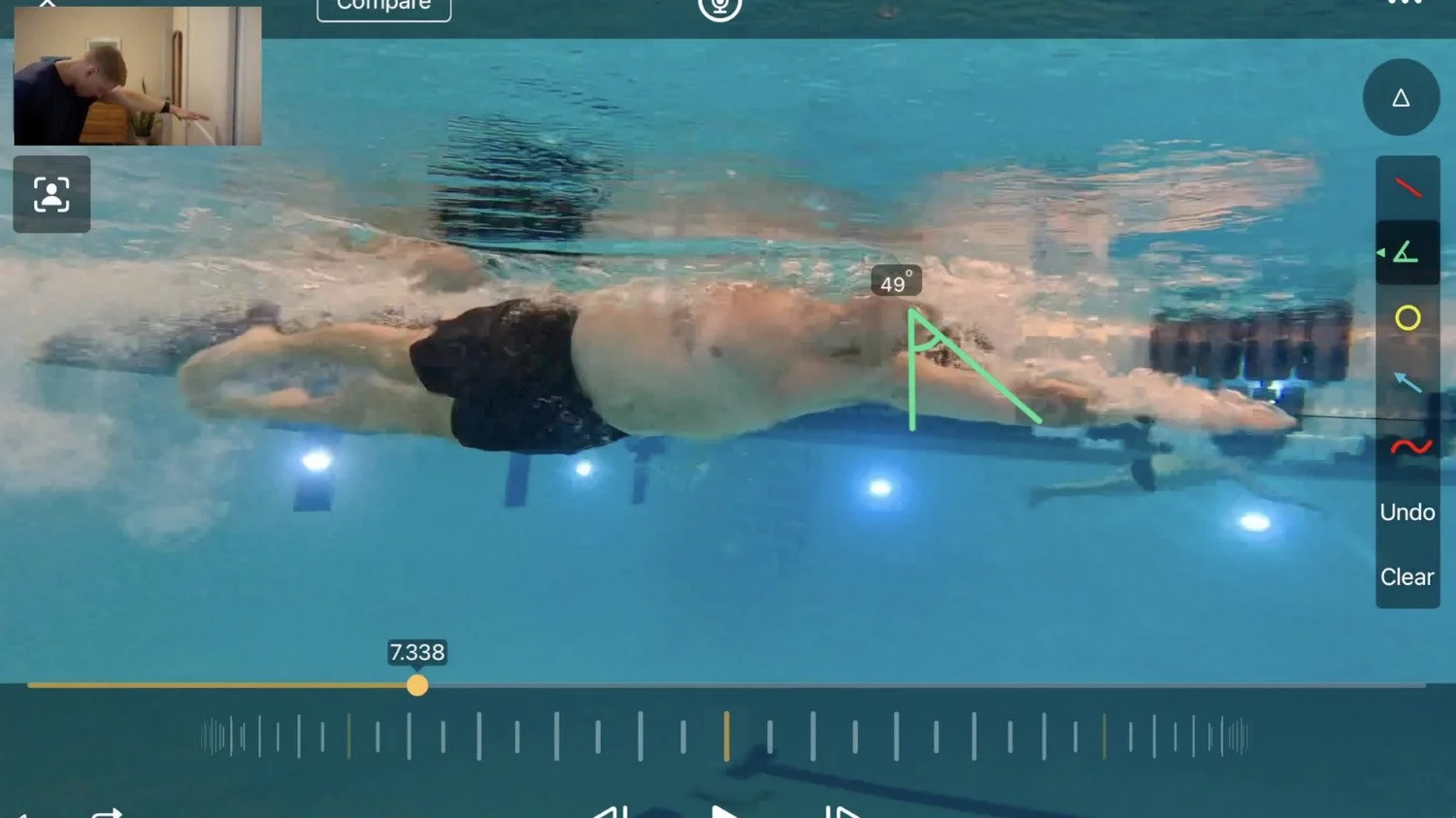Top 7 Supplements for Swimming: Boost Performance, Endurance, and Recovery Safely
/Unlock your swimming potential with the right supplements. From creatine to beet juice, discover how these top 7 performance boosters can enhance power, endurance, and recovery. Learn what works, how to use them, and what to look for in safe supplements to support your training, while keeping nutrition and load management as your foundation.
Read More








